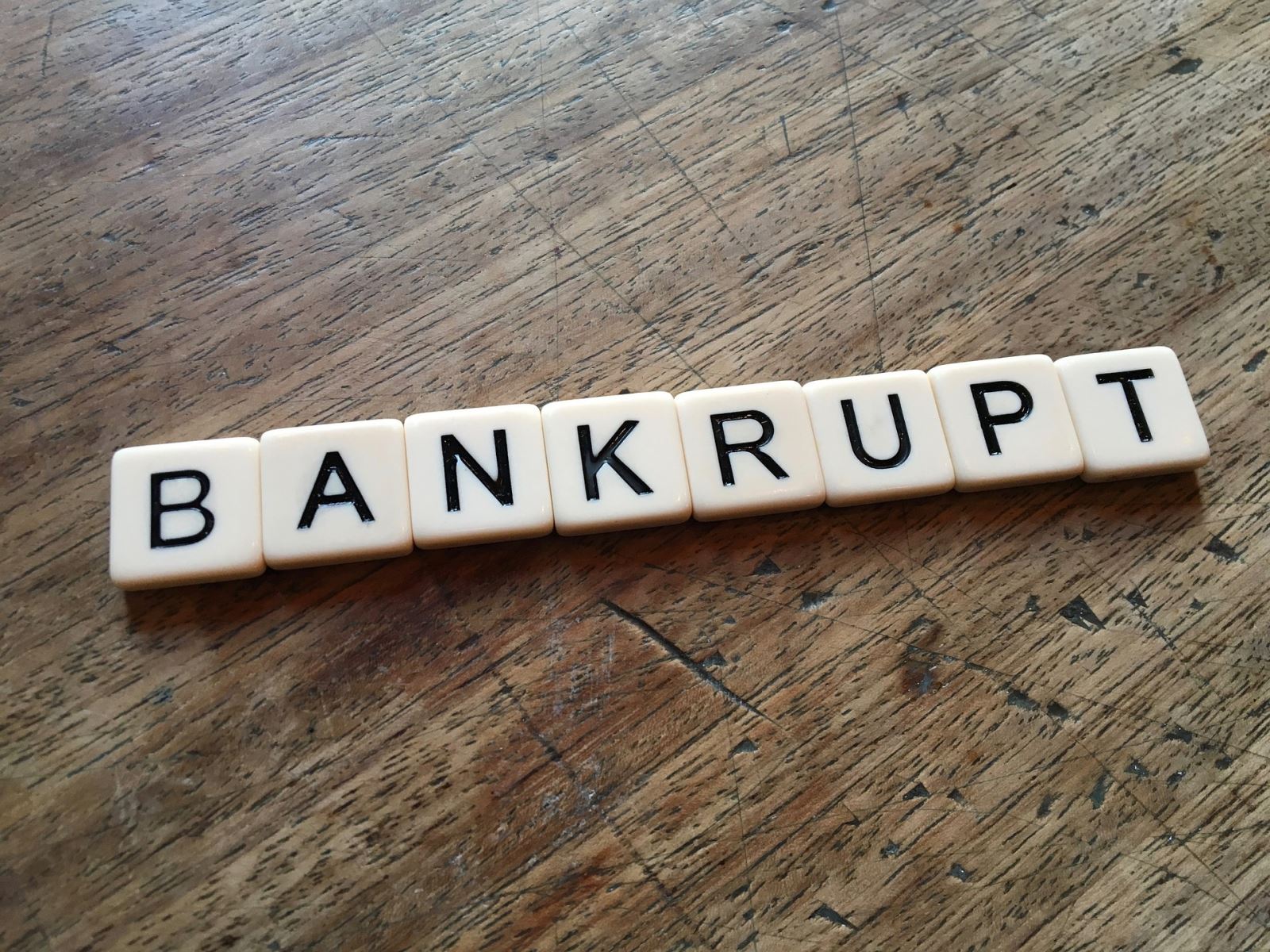As a result of COVID-19 and its economic impact, bankruptcy claims have been on the rise. Declaring bankruptcy may be an appealing option for a struggling business defending a lawsuit, but it is rarely the saving grace it appears to be. Bankruptcy is often a long and costly process, which ultimately causes more harm than good to the filing entity. When considering how to approach a suit that threatens the financial viability of your business, it is helpful to understand the possible impact of and alternative options to bankruptcy.
Types of Business Bankruptcy
This section provides a brief description of the types of bankruptcy that exist.
Chapter 7: Liquidation
Chapter 7 bankruptcy is typically used when the debts of the business are so overwhelming that financial reconstruction is not possible. This type of bankruptcy allows a business to liquidate, or sell, assets in order to satisfy their debt to creditors. However, Chapter 7 bankruptcy will close the business.
Chapter 11: Business Reorganization
Chapter 11 bankruptcy is a plan for reorganization. Chapter 11 does not allow the discharge of debt, but it will allow the owner to restructure their debt within a plan and timeframe approved by a court. Chapter 11 does not require the business to close, and instead allows the business the continue operation. However, operations will be under strict control of a court throughout the process.
Chapter 13: Adjustments of Debts
Chapter 13 bankruptcy is a personal bankruptcy option, making it available only for businesses that are sole proprietorships. This process allows for a three or five year term throughout which the business owner makes payments to creditors through a trustee.
Are all debts discharged?
Many are surprised to find that not all debts and judgments are not discharged, or forgiven, during bankruptcy. Additionally, even if a judgment can be discharged, a creditor may have already placed a judgment lien on property you own. In those cases, the filing entity must take additional steps to clear such liens in order to truly relieve themselves of the debt. These steps generally require the assistance of an attorney, and additional fees.
Impact on Personal Assets
A commercial bankruptcy may or may not affect your personal assets, depending upon the structure of the filing entity. If the entity is a sole proprietorship, the bankruptcy will have a significant impact on the owner’s personal assets. However, if the business is a corporation or a limited liability company (LLC), a business bankruptcy filing should not affect the owner’s personal assets, unless a creditor can pierce the corporate veil. If creditors can pierce the corporate veil, they may be able to go after personal assets to recover on the debt. Further, if an owner has personally guaranteed loans, the creditor to those loans will be able to go after personal assets to recover the debt.
Consequences of Filing Bankruptcy
It is important to understand the potential consequences of filing bankruptcy.
First, credit scores can fall by over 200 points after a bankruptcy. The bankruptcy remains on the subject credit report anywhere from seven to ten years. Though it will not make it impossible to get other loans, it can significantly impact how many lenders are willing to work with you, the amount that can be granted, interest rates, and other factors that can increase the cost of a loan.

Second, bankruptcy places a massive financial burden on the filing entity. Bankruptcy is may take several months to complete. In these months, the filing entity must pay court costs as well as attorney’s fees while navigating a complex and involved process. In some cases, these costs can amount to more than simply defending or settling the case.
Third, filing bankruptcy can harm a business’s reputation and relationship with vendors. When a business escapes debt through bankruptcy, the business’s vendors and suppliers take a serious loss. Vendors and suppliers are not quick to forget such losses, and prior bankruptcy filers will face difficulties in establishing new business after the bankruptcy. Additionally, filings and related documents are often public record, meaning anyone can access information relating to the business’s debts and the bankruptcy claim. It may not be possible to restore the goodwill that previously existed for the entity.
Alternatives and Assistance
As demonstrated above, bankruptcy is not the cure-all for litigation that threatens a business’s financial viability. In many cases, defending or settling the case is the most cost-effective and beneficial long-term option, once one fully considers the potential impact of bankruptcy.
The skilled attorneys at Onal, Gallant, & Partners can effectively explain the likely cost of litigation as it compares to settlement or bankruptcy, and help you make the best choice for your business. We are well prepared to fiercely defend your case when necessary, identifying every weakness in the Plaintiff’s case to minimize the resultant liability. Where settlement is the best option, we can expertly negotiate a settlement that considers your specific financial situation and the actual potential liability involved. Such settlements can involve payment plans, easing the associated financial burdens and meeting the needs of clients who might otherwise declare bankruptcy.
Need Support?
Onal Gallant and Partners PC is a law office specializing in Real Estate Law, Intellectual Property, Corporate and Business Law, Immigration Law, and the US Visa Processes. We deliver reliable advice in a large variety of subjects ranging from forming a corporation, and buying a house in the US to trademark registration and Green Card applications (e.g., EB3 Visa or DV Lottery). With exceptional knowledge and insight into immigration law, our experienced lawyers at Onal Gallant and Partners PC are ready to help and respond to all of your inquiries.
You can follow up at www.ogplawfirm.com website, social media accounts, Youtube Channel, and our blogs in Turkish and English to get updated information and news about these topics.
You can also visit our office directly or contact us via e-mail or phone.
The information and opinions provided on this website does not, and is not intended to, constitute legal advice; instead, all information, content, and materials available on this site are for general informational purposes only and may not constitute the most up-to-date legal information.

